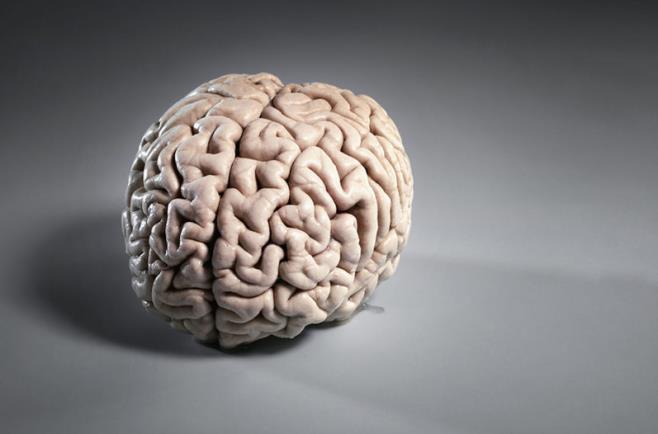Attractor Dynamics in Monkey Prefrontal Cortex Reflect Decision Confidence, Study Finds

October 22, 2023
Feature
Following a meticulous review process which abides by the editorial standards and guidelines of Science X, this article has been produced. The reviewers have considered the following elements to ensure the accuracy of the content:
The article has been:
- Fact-checked
- Published in a peer-reviewed publication
- Sourced from a trusted source
- Fully proofread
The article has been composed by Ingrid Fadelli, who is associated with Medical Xpress.
Humans make countless decisions, such as choosing what to eat, what to wear, whom to vote for, etc. The confidence in our decisions and the level of uncertainty regarding them can influence the consistency of our choices. If there's high uncertainty, we're likely to be less consistent and more prone to changing our minds.
Neuroscientists have been studying the neural basis of decision-making for years. However, how neural network computations support decision-making under different levels of certainty remains unclear.
Scientists at the National Institute of Mental Health in Bethesda, Maryland, have recently studied rhesus monkeys to gain insight into the neural dynamics related to decision confidence. Their study, published in Nature Neuroscience, proposes that energy landscapes in the prefrontal cortex predict the monkeys' choice consistency, which is indicative of their decision confidence.
'Choices made with varying levels of consistency can indicate the confidence in its correctness,' note Siyu Wang, Rossella Falcone and team in their study. 'The energy landscape in the prefrontal cortex's neural activity can reflect the consistency of choices.'
To establish the connection between the dynamics of theoretically known attractor networks and decision-related confidence, the team performed experiments on monkeys. Attractor networks are networks of neurons that stabilize specific activity patterns over time.
The monkeys were trained in a decision-making task. In the process, the researchers recorded the extracellular activity of neurons in the prefrontal cortex using a device implanted with an array of electrodes.
'The monkeys were trained to accept or reject decisions based on specific visual cues associated with varying reward offers. Their decisions were observed to be more consistent for very good and very bad offer and less consistent for intermediate ones,' explain Wang, Falcone and their associates.
The most significant observation was that the scientists could establish a relationship between the neural networks' computational activities in the prefrontal cortex and the decision-making consistency. This correlation indicates that such neural dynamics can predict the response time and consistency in decision-making, which are indicators of decision confidence.
Although these findings are provisional, they underscore the potential of monitoring multiple neurons at once to gain insight into decision-making. Future studies could reveal how confidence in decisions correlates with the dynamics of neural networks and the related brain computations.
© 2023 Science X Network




